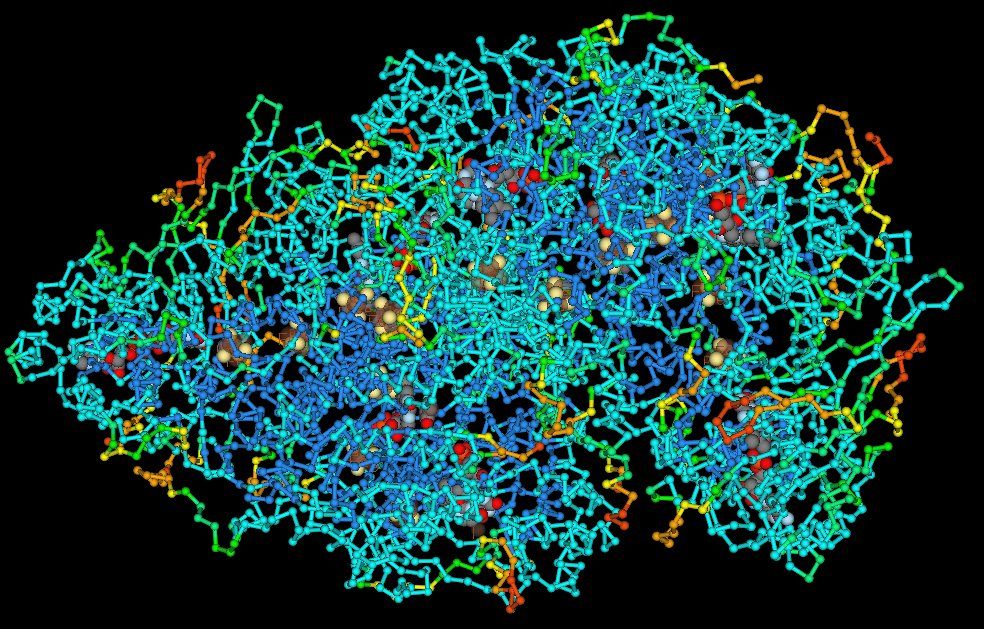Recycling Polymers: Promoting a Round Economic Situation
Recycling Polymers: Promoting a Round Economic Situation
Blog Article
Discovering the Varied Applications and Advantages of Polymers in Different Industries
Polymers, with their varied array of buildings and functionalities, have become vital in numerous sectors, each gaining one-of-a-kind benefits from their application. Polymers. From enhancing safety and performance in the automotive sector to revolutionizing medical devices in the healthcare industry, polymers play a crucial duty. In addition, their eco-friendly nature is modifying the landscape of sustainability techniques. As we look into the midsts of polymers in electronic devices, we uncover innovative technologies, while their architectural honesty changes the world of construction and infrastructure. The pervasive impact of polymers across markets is a testament to their flexibility and adaptability, shaping the future of countless fields.
Automotive Field Applications
Polymers play an essential role in improving the performance and resilience of numerous components within the vehicle market. These versatile materials are extensively utilized in the manufacturing of various parts, ranging from indoor parts to under-the-hood applications. One noticeable use of polymers in the vehicle industry remains in the manufacturing of lightweight elements. By replacing conventional steel components with polymer-based options, lorries can attain better fuel performance without endangering on stamina or safety and security.

Healthcare Market Benefits
In different medical care applications, the benefits of making use of polymers are widely acknowledged for their diverse series of helpful residential properties. Polymers play a crucial function in the health care market because of their adaptability, biocompatibility, and cost-effectiveness. One of the key advantages of polymers in health care is their capability to be tailored to particular requirements, such as versatility, longevity, and biodegradability, making them perfect for a vast array of medical applications.
Polymer-based materials are thoroughly made use of in clinical devices, such as catheters, implants, prosthetics, and medication distribution systems, because of their biocompatibility and ability to mimic all-natural cells. These materials can lower the threat of sensitive reactions or rejections, boosting client safety and security and end results. Furthermore, polymers are light-weight, making them ideal for wearable medical tools and making sure person comfort.
Furthermore, polymers enable the development of ingenious treatment methods, such as hydrogels for cells design and nanocomposites for targeted drug distribution. Their ease of handling and sanitation makes them essential for maintaining high standards of hygiene in healthcare settings. Overall, the varied benefits of polymers add considerably to advancements in clinical innovation and client treatment.
Environmental Advantages of Polymers

Moreover, polymers can add to energy cost savings as a result of their lightweight nature. In industries such as transportation, light-weight polymer products can help in reducing gas intake and greenhouse gas discharges. Additionally, polymers can allow the development of energy-efficient items such as insulation materials that boost energy conservation in structures.
Furthermore, polymers play an important function in reducing water air pollution. As an example, making use of polymer-based filtration systems can efficiently remove pollutants and pollutants from wastewater, guarding water resources and environments. Generally, the environmental advantages of polymers make them beneficial assets in promoting sustainability and eco-friendly methods throughout numerous sectors.
Polymers in Electronics and Innovation
Taking into consideration the enhancing need for innovative and lasting solutions in contemporary markets, the Read More Here integration of advanced polymer innovations in the world of electronics and innovation has actually become a critical method for driving efficiency and efficiency. Polymers have actually transformed the electronic devices sector by enabling the production of lighter, a lot more versatile, and sturdy digital devices. From mobile phones to medical gadgets, polymers play a critical duty in improving product design and functionality.
One substantial advantage of polymers in electronic devices is their insulating homes, which aid safeguard delicate digital components from ecological elements and electric disturbance. Additionally, polymers are necessary in the development of flexible screens, wearable modern technology, and printed electronics, using endless opportunities for developing smart and interconnected gadgets.
In addition, making use of polymers in electronic packaging has actually brought about innovations in miniaturization and thermal management, improving the general efficiency and integrity of digital systems. As technology remains to develop, the convenience and adaptability of polymers will definitely drive better innovation in the electronics industry, shaping the future click reference of modern technology.
Duty of Polymers in Construction and Infrastructure
Polymers use various advantages in the building and construction market due to their flexibility, sturdiness, and cost-effectiveness. One key duty of polymers in building is their use in layers and sealants, giving security against ecological factors such as wetness, UV radiation, and corrosion.
Moreover, polymers play a crucial function in lasting construction techniques by allowing the growth of energy-efficient structures. Shielding materials made from polymers help control interior temperature levels, reducing the requirement for home heating and cooling systems and inevitably reducing energy usage. The use of polymer-based compounds in framework projects such as bridges and roads improves their long life and decreases upkeep prices. On the whole, the incorporation of polymers in building and construction and infrastructure displays their substantial effect on contemporary design techniques.
Conclusion
In conclusion, polymers play an important duty in different markets such as auto, medical care, environmental, electronics, and construction. From boosting fuel performance in cars to improving medical tools, polymers use various advantages.
Report this page